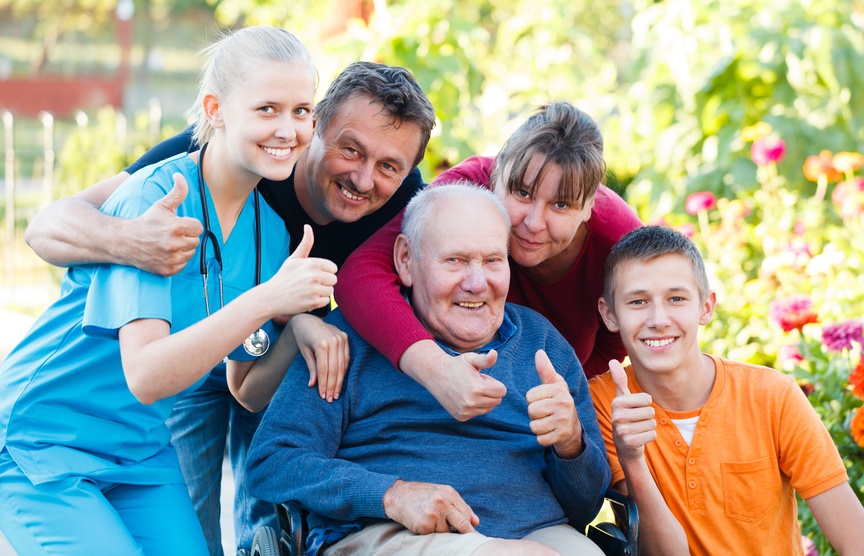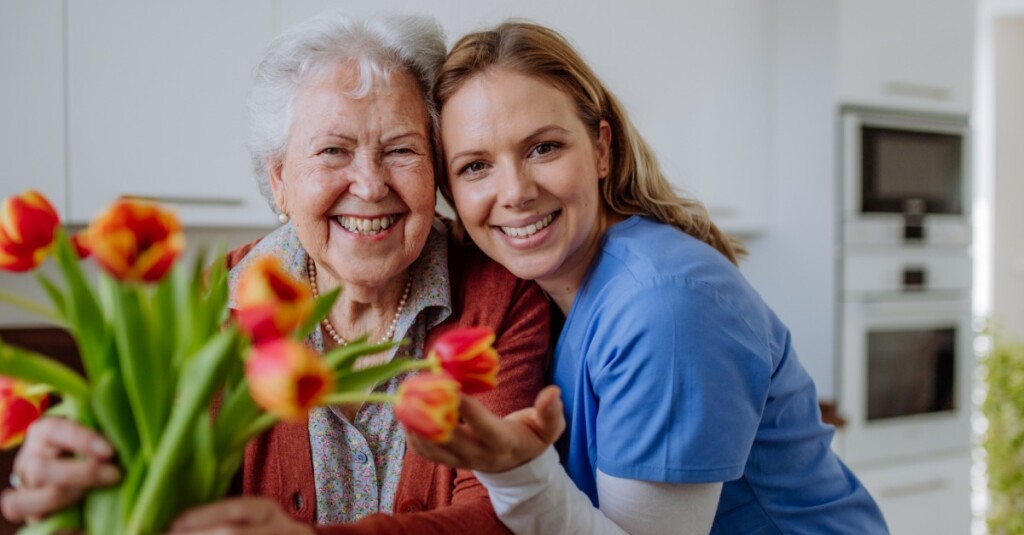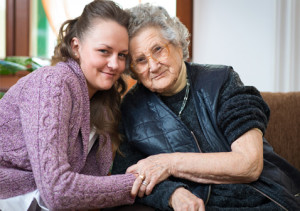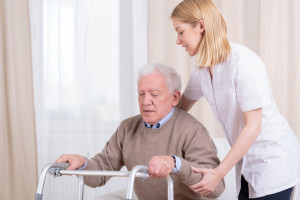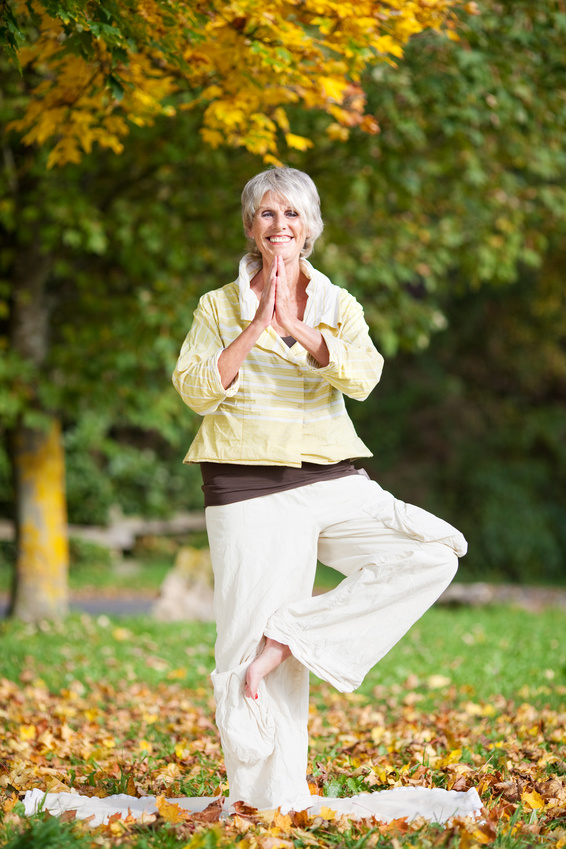
Senior Care: Reducing the Stress of Caregiving
Caring for a senior who is failing to thrive can be a challenging and emotionally taxing experience for both the elderly individual and their caregiver. Failing to thrive in seniors typically involves a decline in physical, emotional, and cognitive well-being, making it essential for caregivers to provide support and reduce stress. Here are some ways a caregiver can help alleviate the stress associated with this situation.
- Emotional Support: Seniors who are failing to thrive often experience feelings of helplessness and frustration. Caregivers should provide a compassionate and empathetic presence, allowing the senior to express their emotions and concerns.
- Regular Communication: Open and regular communication can help both the senior and caregiver understand each other’s needs and concerns. This can create a sense of trust and reduce misunderstandings.
- Nutrition and Meal Planning: Seniors may have difficulty with nutrition, leading to their decline. A caregiver can work with a dietitian to ensure the senior’s dietary needs are met, making it easier for them to regain strength.
- Medication Management: If the senior is on medication, a caregiver should help manage the medication schedule to ensure it is followed correctly, reducing the risk of complications.
- Physical Activity: Encourage and engage the senior in light physical activities to maintain mobility and muscle strength. This can be as simple as daily walks or seated exercises.
- Social Interaction: Loneliness can contribute to a senior’s failing to thrive. Caregivers should facilitate social interaction, such as visits from family and friends, or participation in group activities.
- Home Modifications: Evaluate the home environment to ensure it is safe and conducive to the senior’s well-being. Installing handrails, non-slip surfaces, and other safety features can reduce the risk of falls.
- Respite Care: Caregivers often experience high levels of stress themselves. Seeking respite care options can provide temporary relief, reducing caregiver burnout.
- Regular Health Check-ups: Ensure the senior attends regular medical appointments to monitor their health and address any underlying issues promptly.
- Emphasize Dignity and Autonomy: It’s essential to respect the senior’s autonomy and dignity. Involving them in decision-making and letting them make choices about their daily activities can boost their self-esteem and overall well-being.
- Educate Yourself: Being informed about the senior’s specific health condition and any medications they are taking is crucial. Knowledge can reduce the fear and uncertainty associated with caregiving.
- Seek Professional Help: If the senior’s condition continues to deteriorate or becomes too overwhelming, it may be necessary to involve professional healthcare providers or counselors to address complex emotional and medical issues.
In conclusion, caring for a senior failing to thrive can be a demanding task, but with patience, empathy, and the right strategies, caregivers can significantly reduce stress for both themselves and the elderly individual. By providing holistic support, addressing their physical and emotional needs, and ensuring their environment is conducive to thriving, caregivers can make a profound difference in the lives of seniors facing this challenging stage of life.
If caring for a loved one has become too stressful and challenging please contact First Class Home Care for help. We are a leading private home care agency providing services to seniors and older adults in Mississauga, Brampton, Oakville, Burlington, Milton and Etobicoke West. Our services include Dementia Care, Personal Care, Home Support, Companionship and more.
For more information about our services or to schedule a free in-home care assessment please contact us at 905-636-9995 or email us at info@firstclasshomecareinc.comTop of Form



